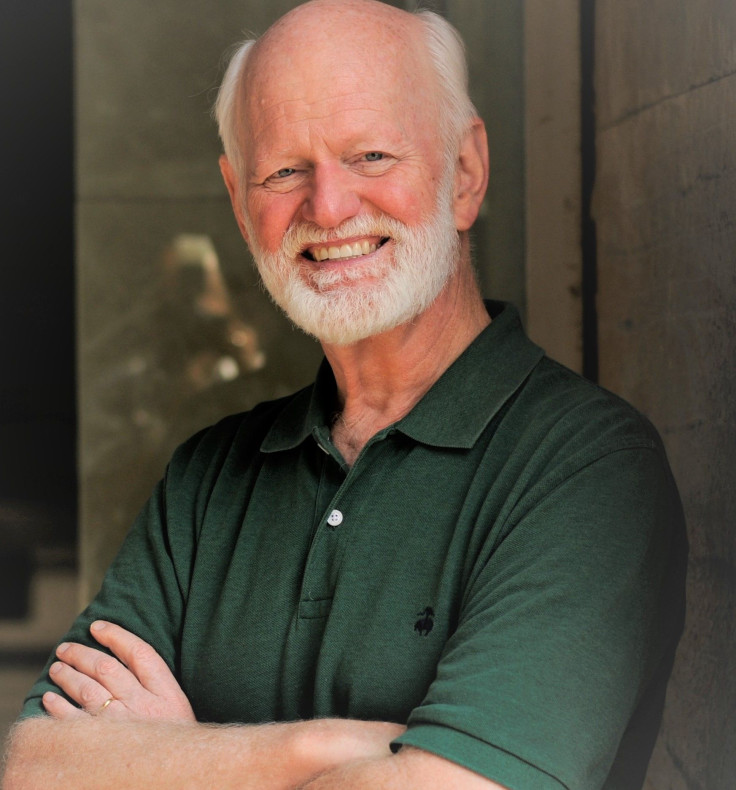Startling Revelations Link Business And Life Success
Marshall Goldsmith shares compelling insights from his new book, 'An Earned Life.'

"What I mean by the earned life: We live in the earned life by the choices, risks and effort we make in each moment aligned with an overarching purpose regardless of the eventual outcome," says Marshall Goldsmith, a top business coach who works with leaders of some of the world's biggest companies and always highlights the strong connection between life and business.
"The counterintuitive part is 'regardless of the eventual outcome.' People tend to associate results as what everything is about. Never place your identity as a human being based on results." Such frankness characterizes Marshall's insights and discussion throughout his interview for our Social Capital section, where our focused goal is to recognize the humanity in business.
As he discusses his recently released book, "An Earned Life: Lose Regret, Choose Fulfillment," he shares unapologetically that he is proud of it and pleased that it is a New York Times bestseller. Such honesty – neither over- nor underselling himself – is a big part of his sometimes-surprising discussion of credibility. "Credibility must be earned twice," he says. "What happens with that is, credibility is this quality of being trusted, people believe in you, credibility is obviously a good thing. But being in question is when you have to be competent and you have to be recognized as being competent – which is not the same thing. There's a difference between 'I'm competent' and 'I'm recognized as being competent.'" And with this goes some very entertaining anecdotes of overselling and underselling oneself.
Espousing the Buddhist principal of "Every breath" and discussing the value of being what you have to be in each lived moment, Marshall offers great lessons for business leaders to help them "be there" for their employees, customers, society – and their own families.
Empathy is his other main topic. "Most people think of empathy as warm and fuzzy and puppy dogs and hugging things, All good, right? [In my book] I talk about two sides of empathy: the good side and the dark side. … Empathy has a very large dark side to it." That statement alone might shake you up, but he breaks empathy into four types – and shares the good and bad aspects of each.
Watch the video below for some mind-opening perspectives.
© Copyright IBTimes 2024. All rights reserved.











